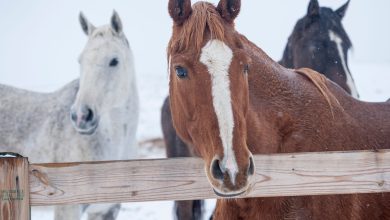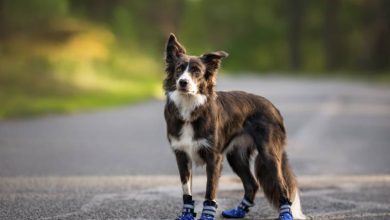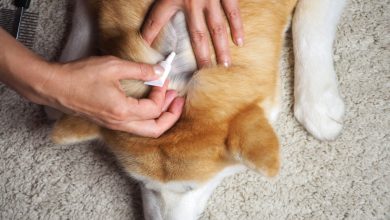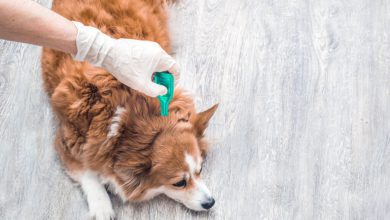What Dog Chews Are Dangerous For Your Dog?
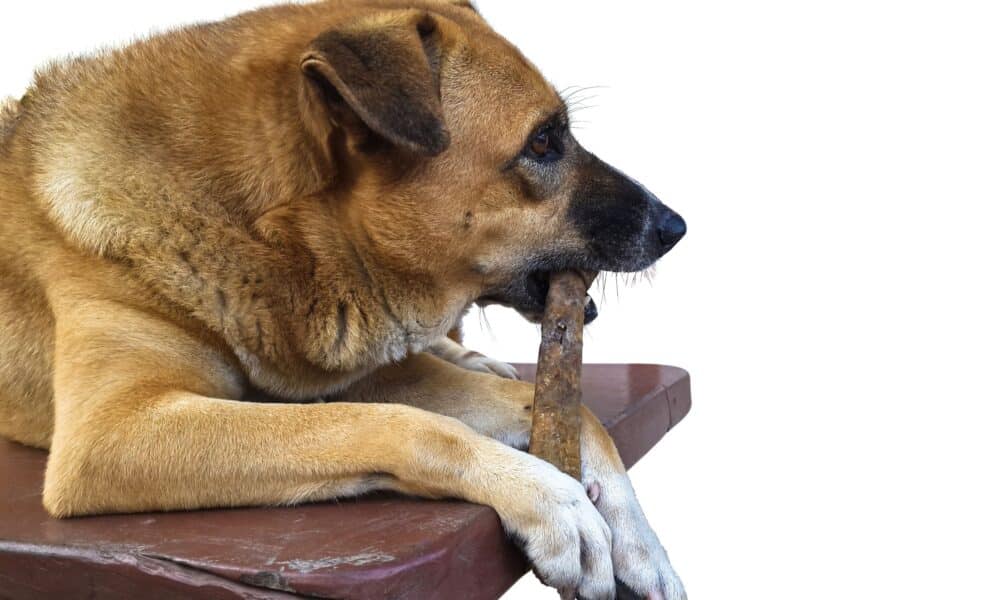
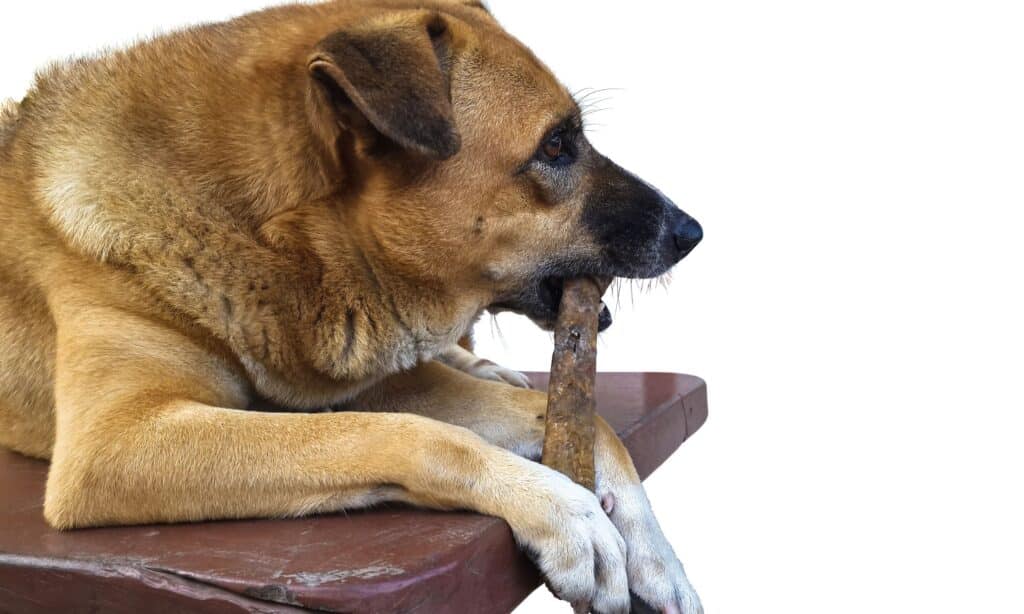
A dog’s general well-being is boosted by chewing. Serotonin and dopamine, two crucial neurotransmitters in the brain that support mental health and a positive mood, are released through the repetitive action of chewing. Additionally, it can enhance the dental health of your dog.
One way to satisfy your dog’s natural urge to chew on things is by giving it lots of chew toys. Another way to satisfy your dog’s chewing needs is to give him tasty chews.
But as a reminder, some dog chews are particularly dangerous. Here are a few:
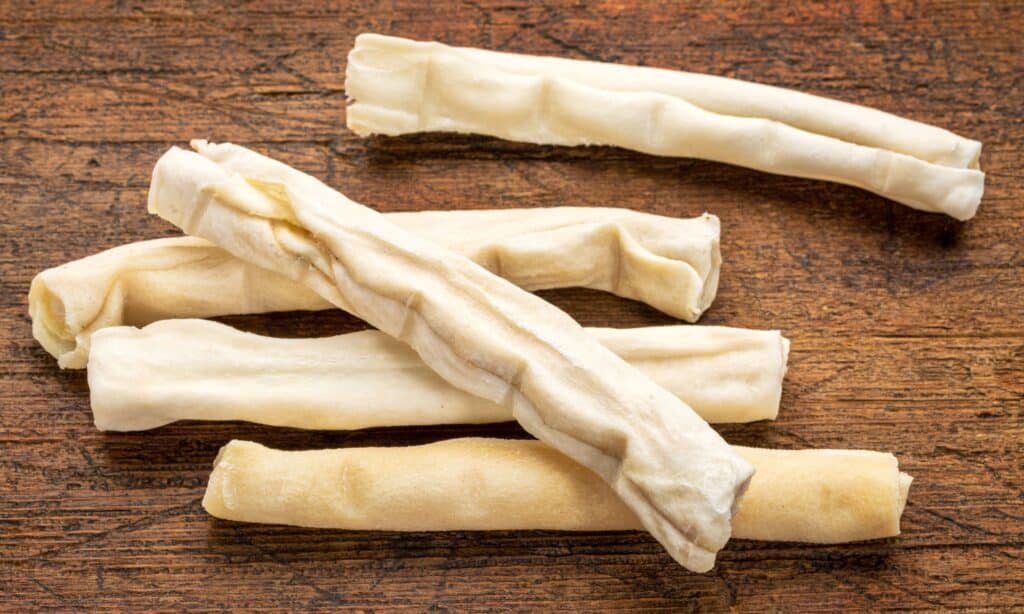

Rawhide
Although many dogs will handle rawhide just fine, it’s important to understand that large pieces of rawhide are difficult to digest and can irritate or block the GI tract. Rawhide is also frequently treated with chemicals that could be dangerous. However, there are a few exceptions. Veterinarians have specifically created some types of rawhide with digestibility and safety in mind. For more information on safe rawhide chews that can keep teeth clean, speak with your veterinarian.
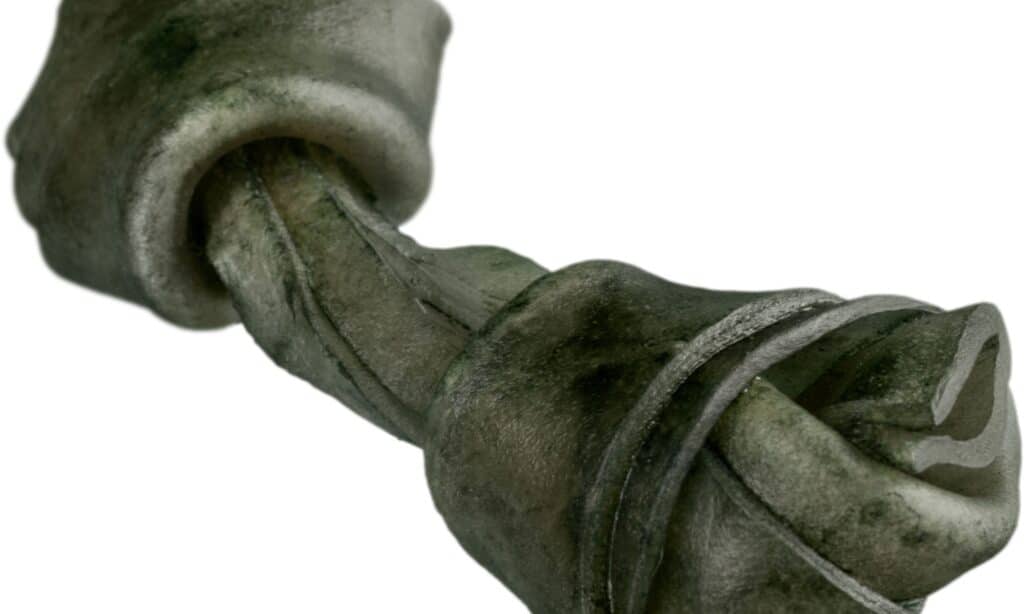

Hard Plastic or Nylon Chews
In general, any chew that is indigestible has a high likelihood of causing indigestion or, at the very least, a gastrointestinal blockage. Dog chews made of hard plastic or nylon are frequently too hard and can harm teeth. Additionally, when chewed, they develop sharp edges that can hurt. If eaten, these toys will obstruct or harm the GI tract because they are not digestible.
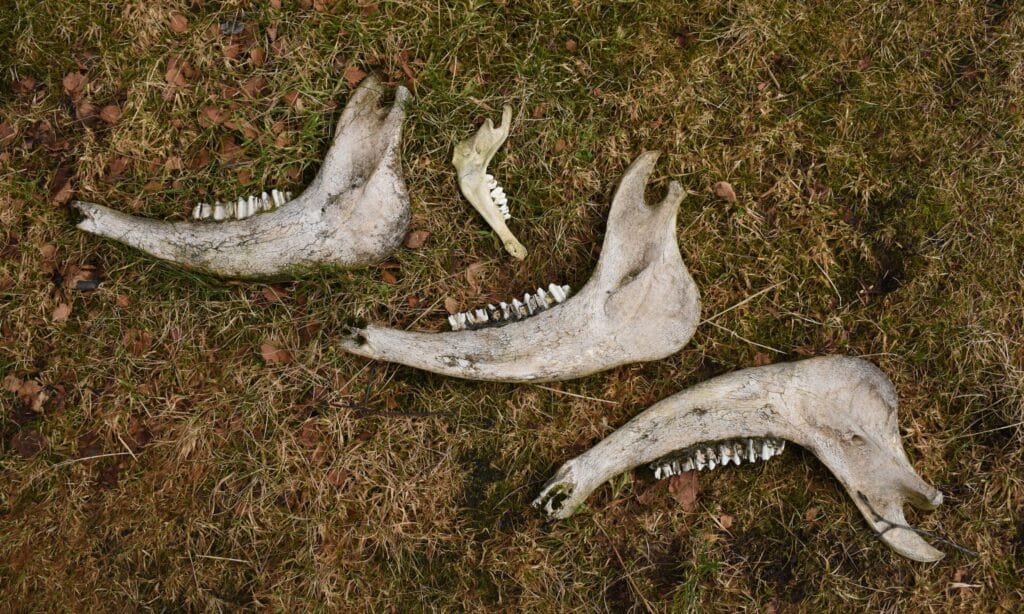

Animal Bones, Antlers and Hooves
The most significant risk to your dog’s teeth and GI tract comes from hard, indigestible animal parts, especially cooked bones. Your dog might be able to snap off a piece and eat it if he doesn’t first break a tooth. Some animal horns, such as those of the buffalo or goat, soften and fray a little when chewed by dogs. These may be less harmful to the teeth and easier for the GI tract to tolerate. They should only be used very sparingly, though.
Every dog likes chews differently. Choose chews that go well with the size, personality, age, and chewing habits of your dog. It might be best to stick with non-edible chew toys for dogs who are overweight or who have sensitive stomachs. You might need to experiment with a few different chews before you find the one that works best for your dog if they are healthy but picky. Dogs who are generally in good health and are non-discerning will probably enjoy a little bit of everything.
What is safe for one dog might not be the best option for another. And the fact that something is marked as edible does not guarantee its safety.
